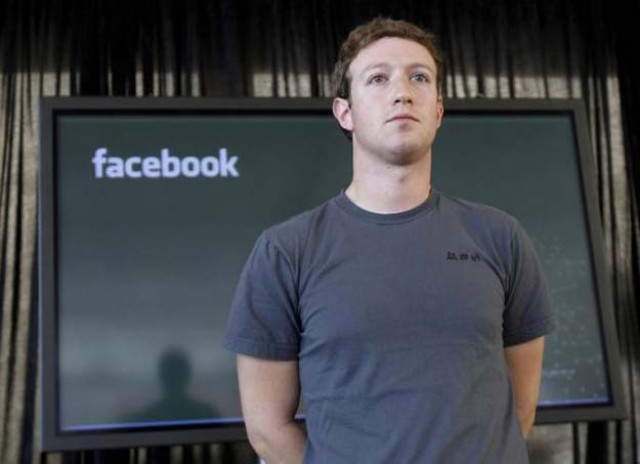Mark Zuckerberg 'regrets' silence over government pressure to censor Facebook content
Meta CEO admits, "I believe the government pressure was wrong, and I regret that we were not more outspoken about it."

In a revealing letter to House Judiciary Committee Chairman Rep. Jim Jordan, Meta CEO Mark Zuckerberg made significant admissions regarding the pressure Facebook faced from the Biden administration to censor content during 2021.
According to Zuckerberg, senior officials from the White House repeatedly urged Meta to remove or limit content related to the COVID-19 pandemic, including posts that contained humor and satire.
Zuckerberg expressed regret over complying with some of these demands, stating, "I believe the government pressure was wrong, and I regret that we were not more outspoken about it." He further emphasized that Meta will resist similar pressures in the future, ensuring that content standards are not compromised by any administration.
Zuckerberg also addressed the controversial suppression of The New York Post’s exclusive report on Hunter Biden’s laptop ahead of the 2020 presidential election. He explained that Meta’s decision to limit the sharing of the story was influenced by warnings from the FBI about a potential Russian disinformation operation related to the Biden family and Ukrainian energy company Burisma, where Hunter Biden was on the board of directors.
Zuckerberg admitted that this was a mistake, acknowledging that "it’s since been made clear that the reporting was not Russian disinformation, and in retrospect, we shouldn’t have demoted the story."
The Meta CEO assured Rep. Jordan that the company has implemented new policies to prevent similar censorship issues from occurring in the future.
"We’ve changed our policies and processes to make sure this doesn’t happen again – for instance, we no longer temporarily demote things in the US while waiting for fact-checkers," Zuckerberg stated.
This marks a stronger admission of fault compared to his earlier comments on Joe Rogan's podcast in 2022, where he had acknowledged that "it sucks" that the story was suppressed but defended the decision at the time.
In addition to these admissions, Zuckerberg addressed the controversy surrounding his $400 million-plus contribution to local elections during the 2020 election cycle, an initiative dubbed "Zuckerbucks" by critics.
The funding was intended to be non-partisan and was distributed across urban, rural, and suburban communities.
However, it faced criticism from Republicans who claimed it was an attempt to influence the election in favor of Democrats.
Responding to this, Zuckerberg stated, "My goal is to be neutral and not play a role one way or another — or to even appear to be playing a role. So I don’t plan on making a similar contribution this cycle."
Zuckerberg’s letter to the House Judiciary Committee represents a significant acknowledgment of the challenges Meta has faced in navigating government pressure and content moderation, as well as a commitment to greater transparency and neutrality moving forward.



















COMMENTS
Comments are moderated and generally will be posted if they are on-topic and not abusive.
For more information, please see our Comments FAQ